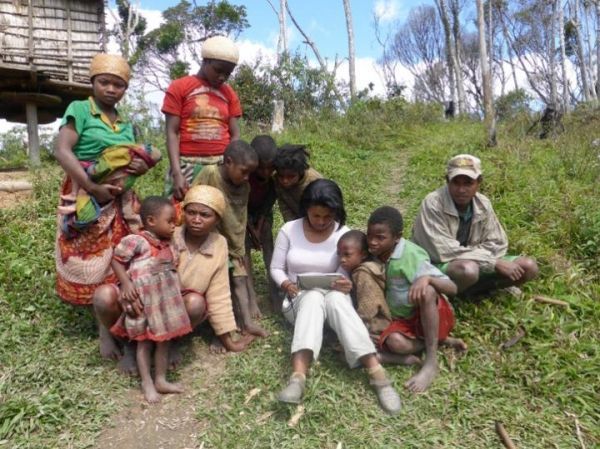Tropical forests are important to all of us on the planet. As well as being home for rare and fascinating biodiversity (like the lemurs of Madagascar), tropical forests lock up enormous amounts of carbon helping to stabilise our climate. However tropical forests are also home to many hundreds of thousands of people whose lives can be affected by international conservation policies.
Multilateral donors such as the World Bank have made clear commitments that those negatively impacted by their projects should be compensated. This includes those affected by conservation projects such as those intended to slow climate change by preventing tropical deforestation (a scheme known as REDD+ or Reducing Emissions from Deforestation and Forest Degradation). Researchers have, for the first time, studied one such compensation scheme in depth and revealed it to be inadequate.
The researchers from Bangor University in the UK and the University of Antananarivo in Madagascar looked at a new protected area and REDD+ pilot project in the eastern rainforests of Madagascar called the Coridor Ankeniheny Zahamena (or CAZ). This conservation project is conserving very high profile biodiversity (including the Indri-the largest lemur in the world), but a big part of the rationale for protecting the area is climate mitigation; locking up carbon to combat climate change.
In their paper, peer-reviewed and published in PeerJ – the Journal of Life & Environmental Sciences, the researchers show that the new conservation restrictions bring very significant costs to local people (representing up to 85%
of local annual incomes). Compensation, in the form of help with improved agriculture, was offered to a small subset of people but none were fully compensated.
Read more at PeerJ
Image: This is Co-author Rina Mandimbiniaina entering data from an interview, looked on by a participating household. (Credit: © S. Rakotonarivo)


